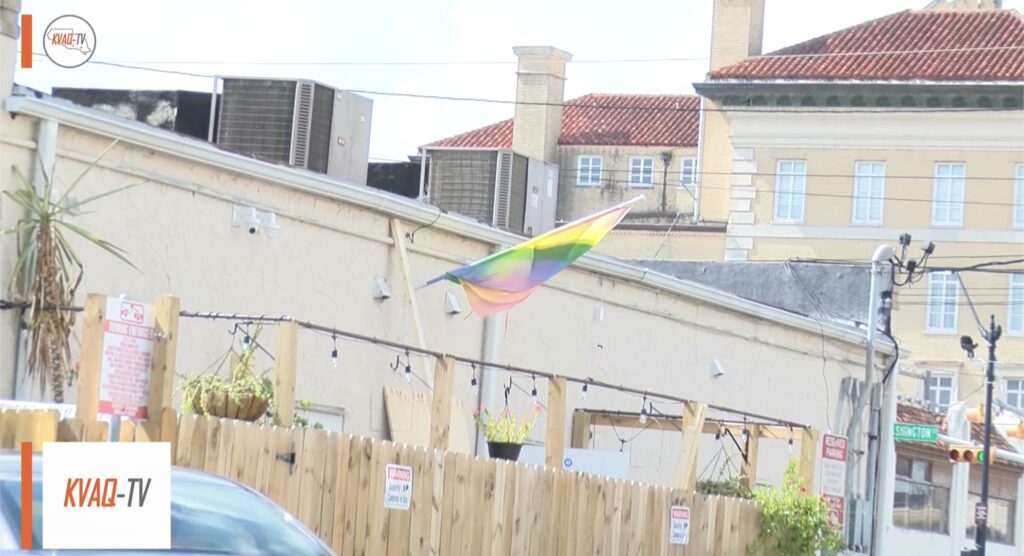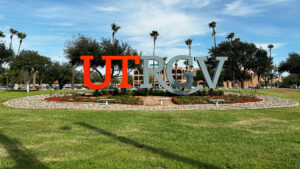
BROWNSVILLE – The City of Brownsville voted to pass a historic ordinance, the Fair Practice Ordinance, which provides the LGBTQ+ community with protections regarding employment, housing, and public accommodation.
Brownsville is the first city south of Austin and the first city in the Rio Grande Valley to pass an ordinance matter.
The formation of the Fair Practice Ordinance was a three-year long process with help from the American Civil Liberties Union of Texas, Lamda Legal, and Equality Texas.
Through many rewrites, concerns about religious exemptions, and first amendment violations, the ordinance was passed unanimously by the city commissioners.
“The State of Texas currently has no protections for individuals who express themselves other than the genders given to us by the government. This would be the fifth city in the State of Texas to pass A no discrimination ordinance,” said Bryan Martinez, chairman of the LGBTQ plus task force
Martinez also recounts an incident where an individual was misgendered at a restaurant.
“When law enforcement came and got involved, the officers responded with a similar answer which was there is currently no laws in place for us to be able to enforce protection on discrimination such as these,” said Martinez.
Martinez added that situations like this were a big trigger for the city of Brownsville, officials, and the community at large. Roy De Los Santos, the Brownsville city commissioner, explains his involvement in creating the ordinance.
“I started working with the team in 2020 when I was first appointed to the LGBTQ task force, it was something we were very passionate about,” said De Los Santos.
He reminds the community that the ordinance does not give the LGBTQ+ community special privilege.
“There are no new rights, there are no special rights. It’s about equal protection for everyone […] the only difference would be if you are actively discriminating against a group of people before now there are repercussion for it,” said De Los Santos.
The task force’s next objective is to lower the municipal equality index score, a score that examines how inclusive laws, policies, and services are for LGBTQ+ people.




